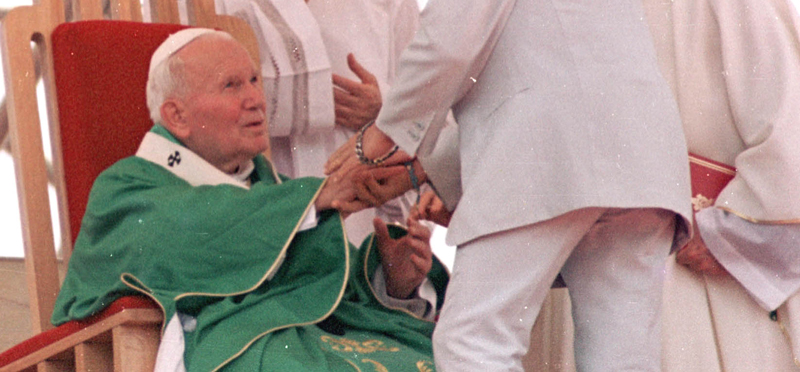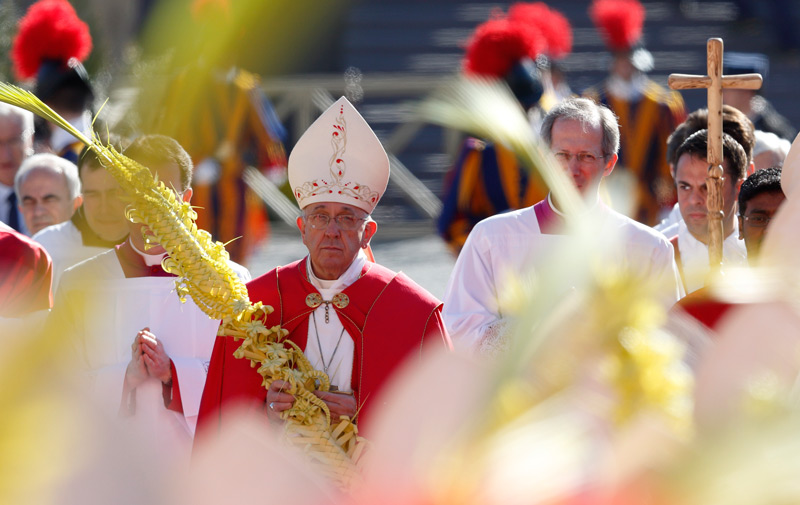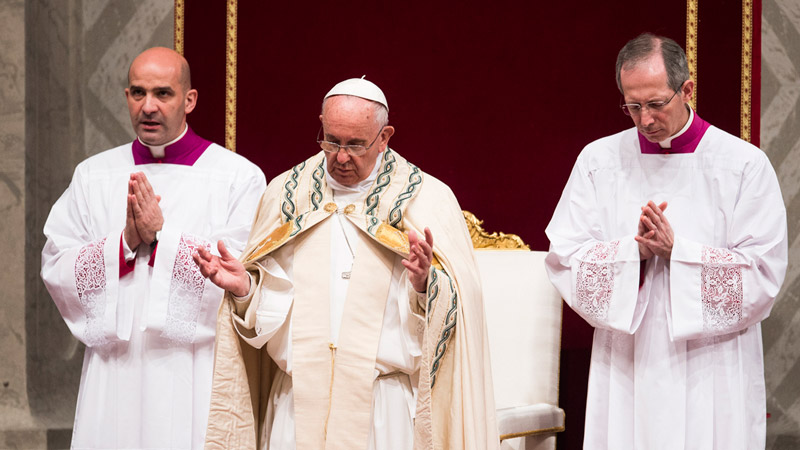
If commercials provide our cultural information, we may be tempted to conclude that aging is a national tragedy. Hair loss ruins men, wrinkles wreak havoc on women, and life isn’t survivable without the latest medications, including opioids, which, of course, also require other medications to deal with constipation.
People of faith might do well to take lessons from our most recent pontiffs on aging gracefully. St. John Paul II started his papacy as an exemplar of physical fitness. He hiked, skied, and knelt to kiss the tarmac when the papal plane landed. Later on, the aftermath of an assassin’s bullet and the ravages of Parkinson’s affected his gait, sometimes caused him to stare, and gave him a much less dignified appearance. His mind remained brilliant, though, and it is likely that ages to come will revere, even more than we do, his contributions to our theology of the human person, our understanding of Church, our moral theology, our Catholic social teaching, our ecumenical initiatives, our pro-life commitments, and our outlook on human suffering.
In 1999, John Paul wrote a letter to the elderly and cited the biblical Elizabeth and Zechariah, Anna and Simeon, Nicodemus and Peter (martyred as an older man) as people who attained “wisdom of heart.” They served as “guardians of our collective memory, and thus privileged interpreters of that body of ideals and common values which support and guide life in society.” For him, an important contribution of the elderly is the insights they offer from lived experience and lifelong learning.
Pope Benedict surprised the world when he resigned his papacy. Before he did so, however, he crafted a masterful three-volume work on the life and teachings of Jesus and penned encyclicals focused on the universal call to charity. He has become a model of prudential judgment. He knew himself well enough to see that his stamina was diminishing and he discerned that he ought to pass the torch. His resolve to spend his last years in prayer and contemplation have been a power-source for Church and world.
The doings of Pope Francis, no youngster, have been well publicized. He celebrated his 80th birthday by eating a cozy breakfast with a group of homeless men and women who frequent St. Peter’s Square. He celebrated Mass and went to work. He shared birthday cakes with 1,500 people in soup kitchens around Rome. His Holiness remarked that turning 80 was a bit daunting but that “old age is the thirst for knowledge.”
We’ve had several centenarians in my religious community. One worked with our maintenance crew and drove a pickup truck well into her 90s. Another served as archivist and scripted and produced a video on our basilica windows. Another, who was bedfast, engaged sisters and staff in cheerful conversations and carried their concerns into prayer. To borrow a distinction shared by Father Cedric Pisegna, CP, they show that getting old isn’t the same as growing old. The growing can be quite invigorating, even as the decades add up.
Sister Pamela Smith, SSCM, is the secretary for the Office of Education and Faith Formation at the Diocese of Charleston. Email her at psmith@catholic-doc.org.
Photo: Pope St. John Paul II’s visit to Brazil, October 1997. By José Cruz/Abr – Agência Brasil [1], CC BY 3.0 br, Wikimedia Commons.



